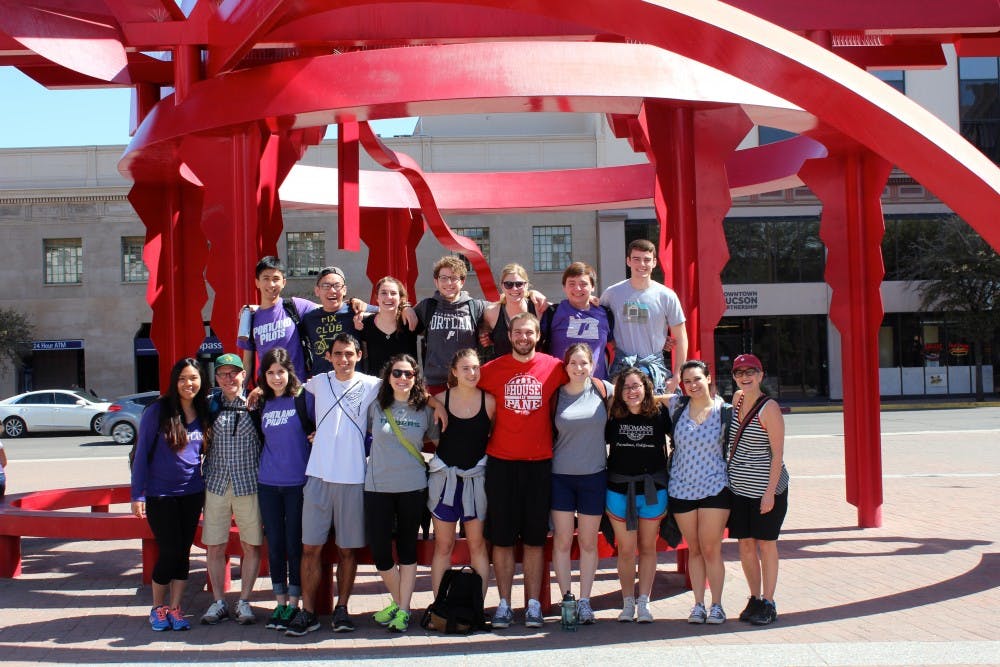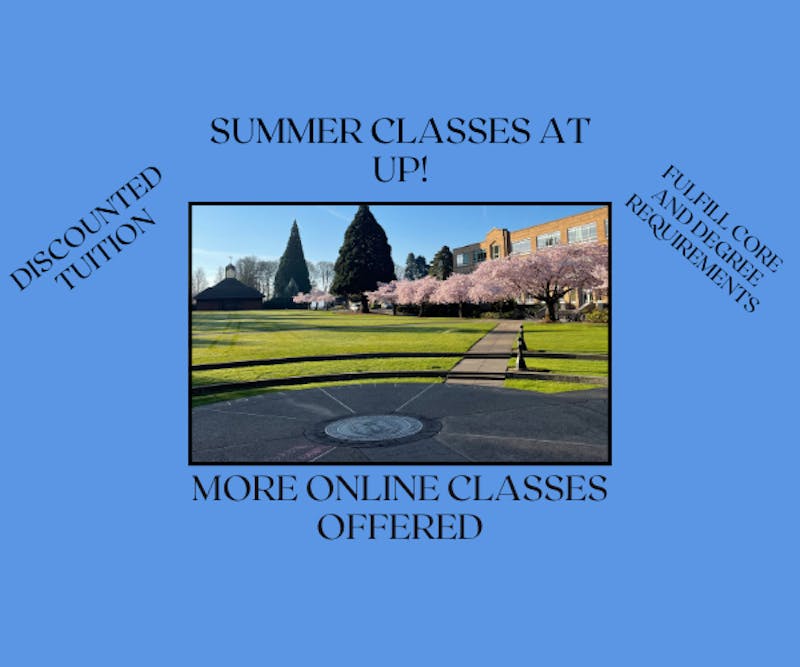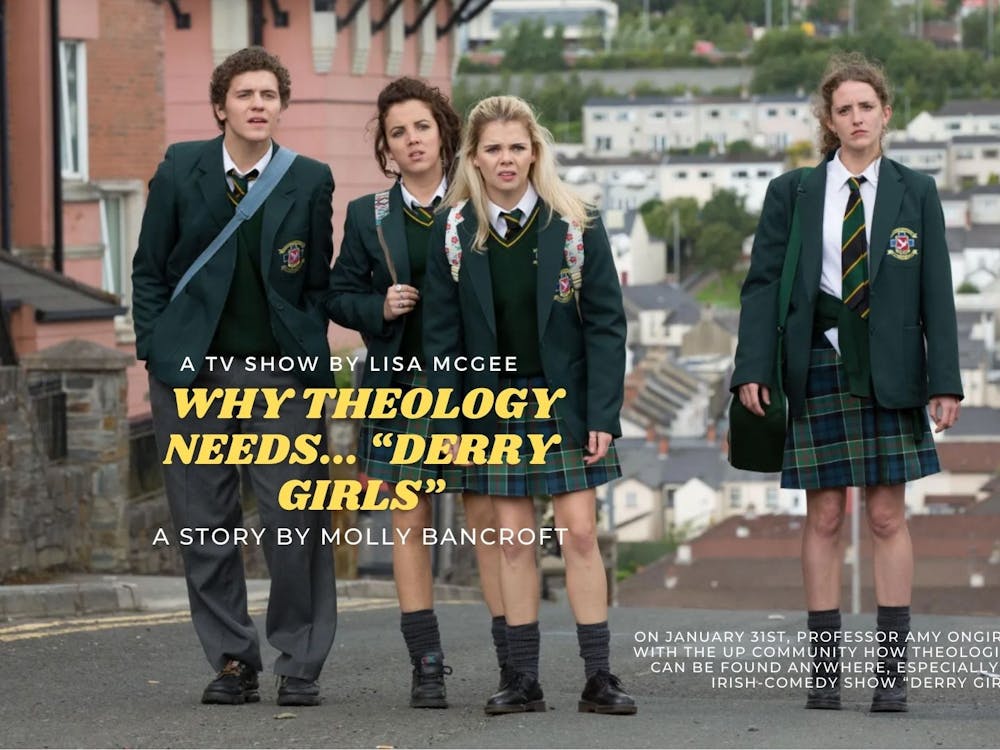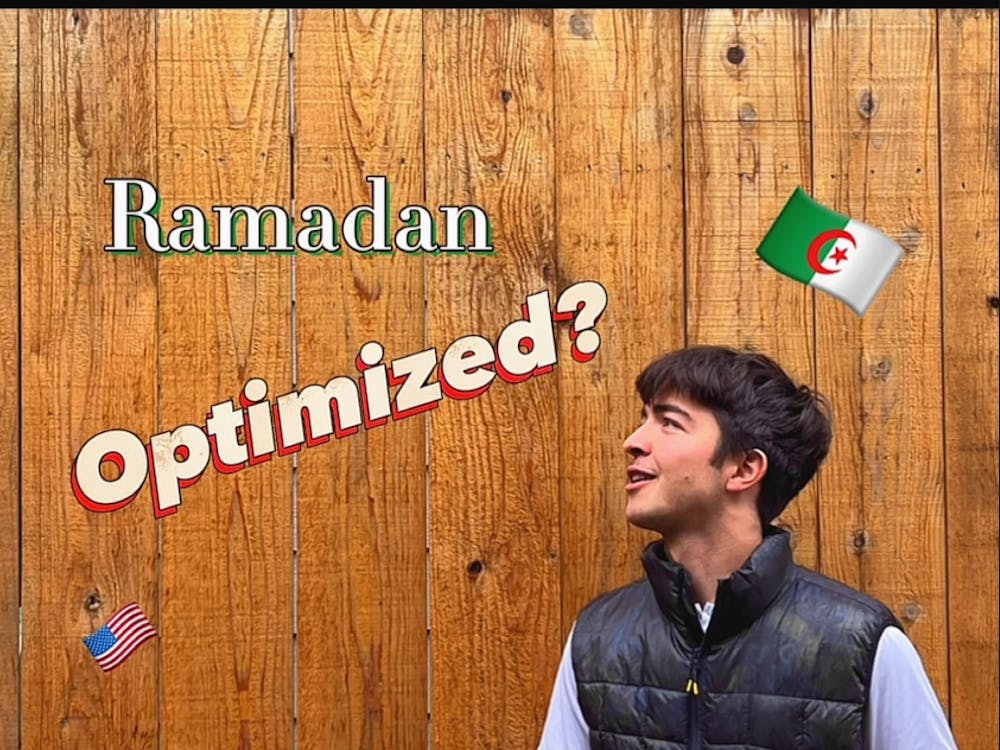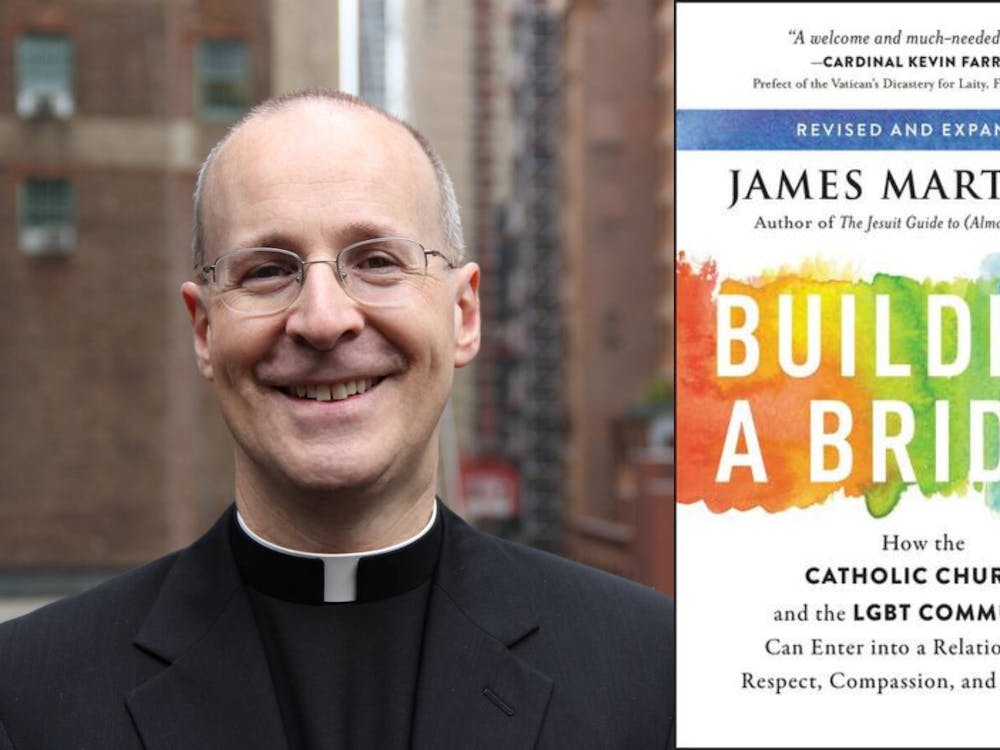Rebekah Markillie |
It’s written in the UP mission statement: “We pursue teaching and learning, faith and formation, service and leadership in the classroom, residence halls and the world.”
Leadership is an integral part of UP. Service is part of this leadership: Catalyzing change, helping others and fostering self-growth.
Over spring break, sophomore social work major Claire Kenneally and 17 other students spent their time at the U.S. and Mexican border on the Border Immersion. On the immersion, students got to experience immigration issues firsthand.
They watched people be sentenced to be deported in an immigration court.
“They were shackled, hands and feet. They were being shuffled along. It was like watching cattle herding,” Kenneally said. “I was struck by how unfair it was.”
The immersion trip gave Kenneally a better understanding of the complexities of the U.S. immigration system, and reiterated the importance of social justice.
“I consider myself a humanist. At the end of the day people are people,” Kenneally said. “I can’t find fault in a father trying to feed his kids or a mother trying to get her kids through school.”
Immersion trips aren’t the only way UP encourages students to practice social justice. The College of Arts and Sciences offers a social justice minor and the Moreau Center provides service opportunities in the Portland area.
Pat Ell, assistant director of leadership development, sees the Moreau Center as a way for students to participate directly in service to people experiencing marginalization or oppression.
“(Participating) is a big difference from looking at statistics. They’re numbers we can’t really imagine,” Ell said. “That’s different (from) going on the Urban Plunge and meeting kids at the community transitional school, and the whole school is for kids experiencing homelessness.”
Ell believes that meeting with people in solidarity, at their level is when the questions surrounding social justice can be addressed.
“It’s good motivation to continue to work for some good changes,” Ell said.
Senior sociology major Rumika Suzuki believes the Moreau Center encourages students to see the injustices every day through immersions and by volunteering at Portland organizations.
“What we take for granted isn’t the same as other people and other places,” Suzuki said. “In (volunteering) I think students get a good insight about our society, meet new people and learn what’s going on around Portland. This lets them see (injustices) at a wider scale.”
Lauretta Frederking, director of the social justice minor, teaches the program’s introductory course. Her job is to give students tools to promote social integrity and defend human rights.
Frederking sees the application of social justice theories as important.
“We have an obligation and a responsibility to acknowledge each other with dignity and to engage each other in ways that move us forward as a collective,” Frederking said.
According to Ell, social justice is also a fundamental part of the Catholic faith.
“It would be strange to talk to people about the love of God, but not to love a neighbor,” he said.
Junior nursing major Melissa Hager agrees. Social justice has been a part of her faith practice since she was introduced to the Catholic social teaching on a high school mission trip, and she’s further explored the teaching with her social justice minor.
“At the basis of (Catholic social teaching) is the fundamental belief that we have a responsibility to respect and value all the members of God's family, all members that make up our human family,” Hager said.
Rebekah Markillie is Design Editor of The Beacon. She can be reached at markillie@up.edu or on Twitter @r_markillie.



